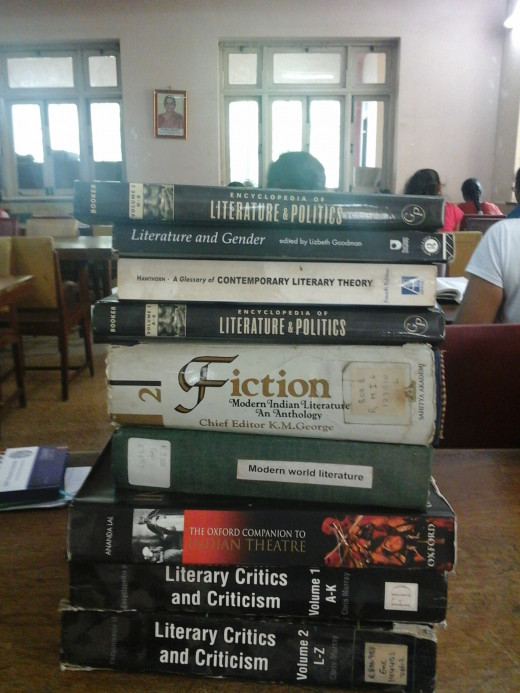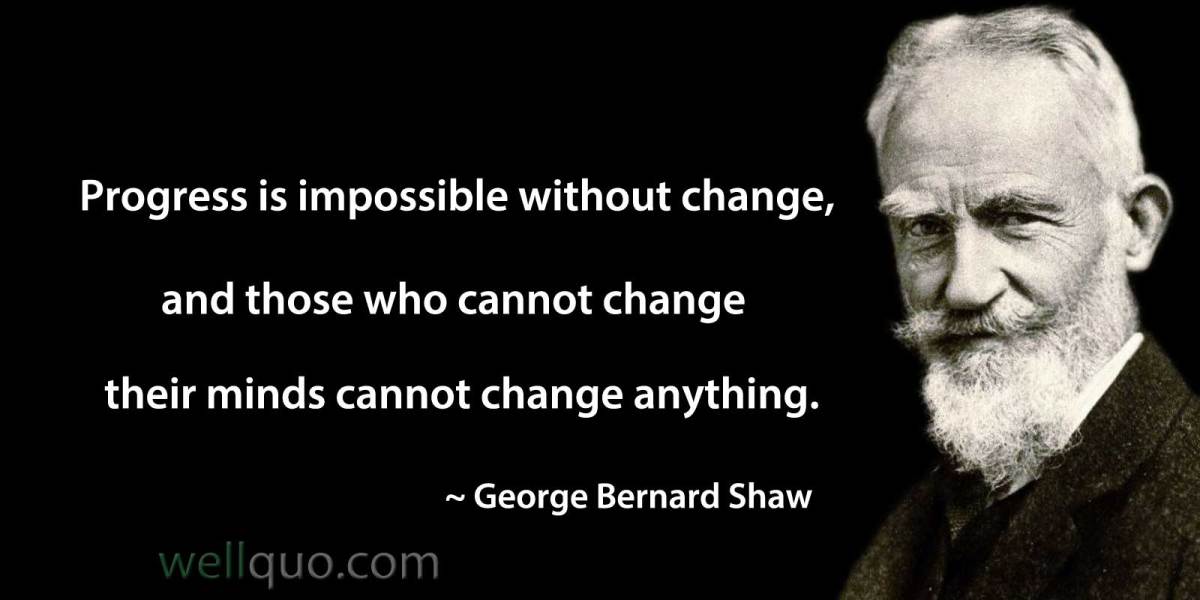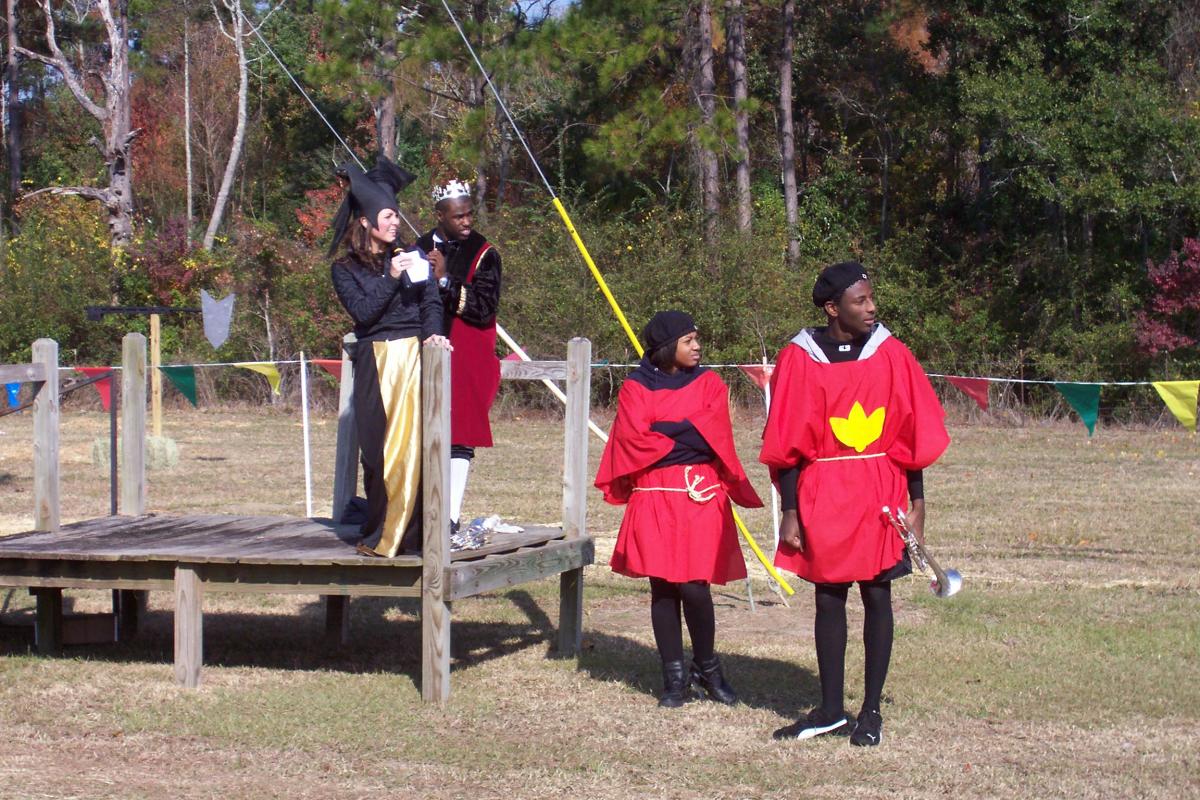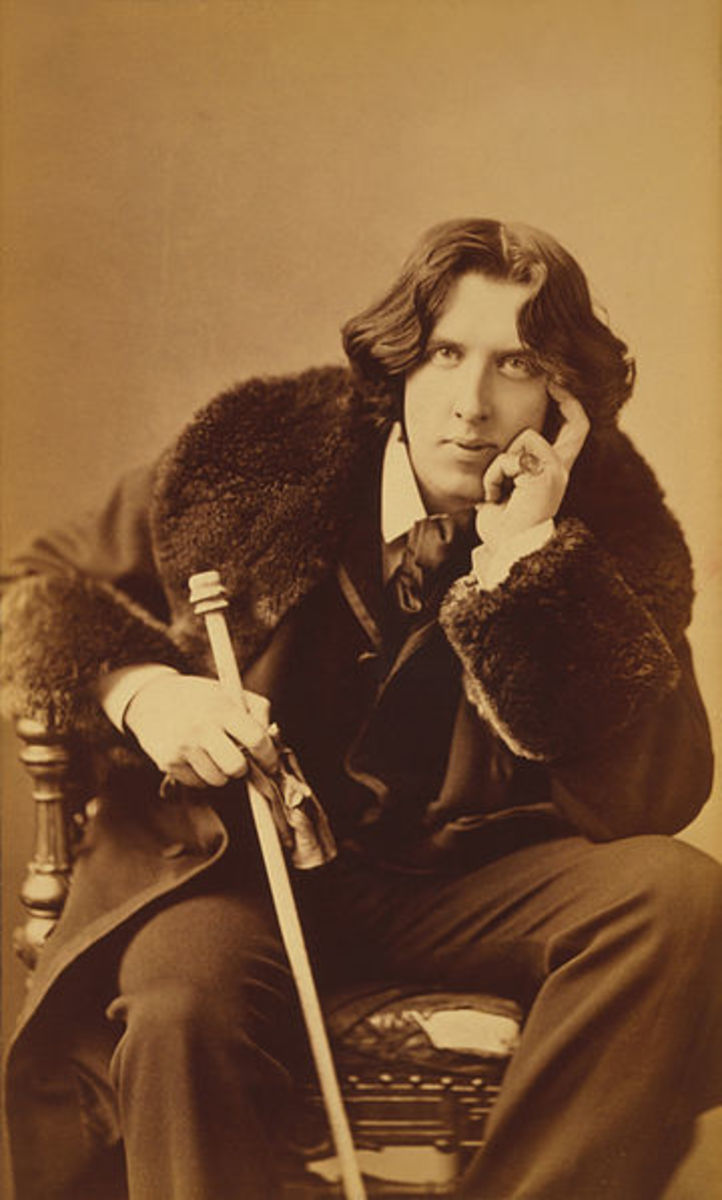The Pressure of Reading Classics

Roughly, classic novels can be defined as work that is of impeccable quality with an unmatched level of intellectuality. Some examples of classics are the works of Rabindranath Tagore, William Shakespeare, and George Bernard Shaw and so on. However, it is hard to define a classic in exact words. The definition of the term ‘classic’ cannot remain constant.
For instance, Shakespeare wasn’t classic during the Elizabethan era but today, he is the bard. Thus, it is very hard to define a classic because to define is to limit and you can’t really do that to literary works or art. While it is true that classics change as time passes by, the reverence around them doesn’t die. The world always holds a very high opinion on classics.
Some are in awe of the work because of what the work is worth while some others are in awe of it because everyone else is in awe of it. This definitely creates a lot of hype around the work.
This also means that a lot of people read it and hence, the knowledge of its background, story and base soon becomes general. Thus, a new reader has perceptions about the story or novel or whatever that he or she is going to read owing to whatever he has heard about it. Thus, the person doesn’t read the story with a neutral mind but carries all the presumptions with him or her while reading the book.
As it may be known to any regular reader, it is hard to read a book with presumptions in the head because you are then constantly judging what you read. Even if one does try to read the novel with a neutral mind, there is indeed going to be a role of those presumptions that lie stifled at the back of the head.
Now, all of this together makes it hard to concentrate on the core subject matter of the literary work. Moreover, if one comes across a difficult word or a winding sentence while reading, it becomes harder to come to terms with the fact that you aren’t aware of what it means. For, you are consciously or sub-consciously in the process of judging the work and if you yourself don’t know the meanings of the words or have a hard time coping up with the language, the result is that you also start to hold the work in high regard. This does raise a difficult to answer question – is it necessary to use jargons and figures of speech in order to produce a classic? Can’t simple language do the trick?
On a concluding note...
The awe and the pressure of reading a classic are not just related to books. For all we know, theatre and cinema goers undergo the same pressure as well. Also not to forget that there is an equivalent pressure of reading a classic even if there are no prejudices. Why? Merely because everyone around you has read it!






